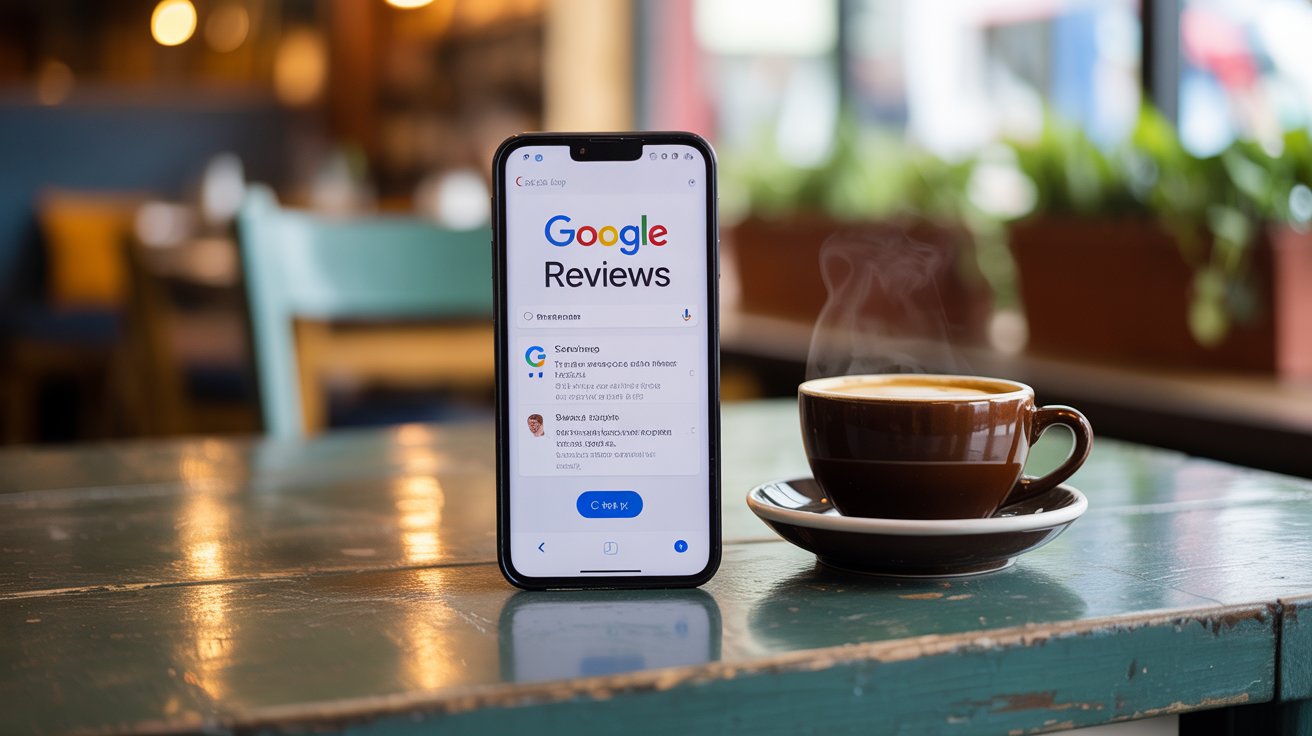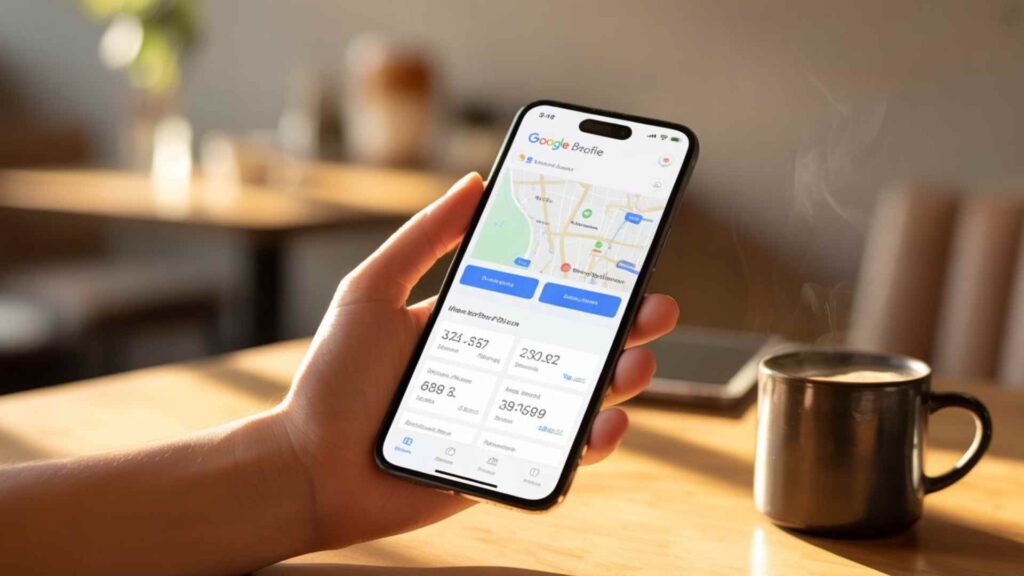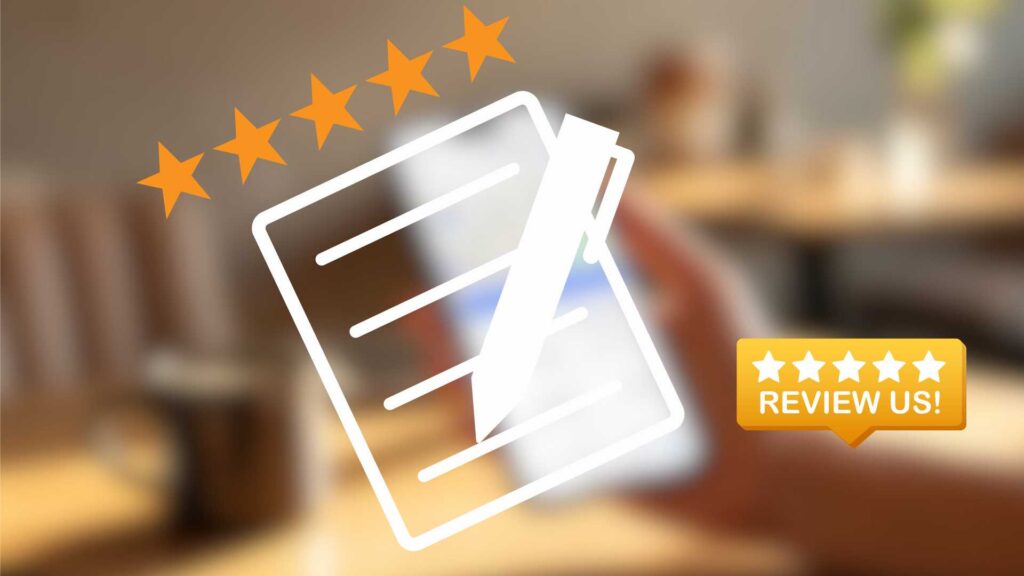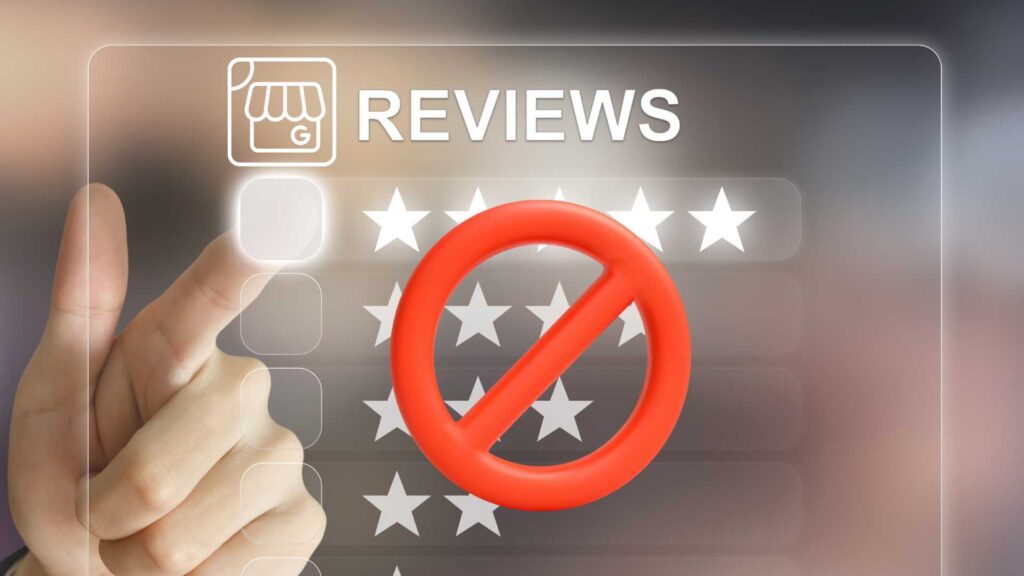Why Recent Reviews Matter for your Google Business Profile Ranking?
Recent reviews play a powerful role in boosting your Google Business Profile ranking because they signal to Google—and potential customers—that your business is active, trusted, and relevant right now. Google’s algorithm prioritizes businesses that consistently receive new feedback, viewing fresh reviews as indicators of ongoing engagement, authenticity, and up-to-date customer satisfaction.
While older reviews still contribute to your reputation, new ones show that real customers are interacting with your business today. This continuous stream of reviews tells Google your business is not stagnant, which strengthens your local SEO prominence. At the same time, potential customers are far more likely to trust and act on recent reviews than those written months or years ago.
In short, review recency is both a ranking and a trust signal—it helps you appear higher in local search results and assures customers that your quality and service remain consistently strong
The Tale of Two Businesses
Picture this: two coffee shops sit across the street from each other. Both have a Google Business Profile with dozens of five-star ratings. However, one shop’s last review dates back to early 2021, while the other receives a steady stream of feedback every week. Which one do you think Google—and potential customers—will trust more?
How Google Uses Reviews in Local Rankings
Google’s local search algorithm relies on three main pillars: relevance, distance, and prominence. Reviews fall into the prominence category—helping Google assess how trustworthy and authoritative a business appears.
- Relevance – Does the business match what the user is searching for?
- Distance – How close is the business to the searcher’s location?
- Prominence – How popular and trusted is the business, online and offline?
Reviews contribute directly to prominence. But it’s not just about the number of reviews or the average rating—recency and consistency play a significant role.
Why Fresh Reviews Matter More Than Old Ones
Google wants to serve searchers with the most relevant and up-to-date information. A business that hasn’t received a new review in months may appear inactive or stagnant.
- Semantic triple: Google → values → ongoing customer engagement.
- Older reviews still count, but fresh reviews signal that customers are currently using and recommending your business.
- Review freshness also reduces the chance of outdated experiences misleading potential customers.
In short, a new five-star review often carries more weight than a five-year-old one, even if both are positive.
Consumer Behavior & Review Freshness
Algorithms aside, people themselves trust recent reviews more than old ones. Studies consistently show that customers consider reviews from the past 3 months far more relevant than older ones.
Imagine searching for a dentist:
- One profile has 200 reviews, but the latest was in 2019.
- Another has 50 reviews, with several added last week.
Even though the first has a larger volume, the second feels more trustworthy because it shows ongoing credibility. This trust directly affects click-through rates, conversions, and foot traffic.
Review Velocity: A Hidden Ranking Signal
Google doesn’t just look at review recency—it looks at review velocity, or how frequently reviews come in over time.
- A sudden burst of reviews may look suspicious.
- A steady, natural flow of reviews signals authentic engagement.
- Businesses with consistent review velocity are seen as active, relevant, and trustworthy.
This is why a review strategy is more effective than a one-time review push.
Many business owners hesitate to ask customers for reviews because they fear sounding pushy or unprofessional. But here’s the truth: most happy customers are willing to leave feedback—they just need a gentle nudge.
The key is to frame the request as part of good service:
- “Your feedback helps other customers like you. Would you mind leaving us a quick review?”
- “We’d love to know how we did today. A review on Google would mean a lot.”
- “If you found our service helpful, would you share your experience on our Google profile?”
When you position it as helping the community rather than promoting your business, the request feels natural.
Building a Review Collection Strategy
Instead of collecting reviews sporadically, successful businesses bake it into their customer journey.
- Timing matters: Ask immediately after a positive interaction—checkout, service completion, or follow-up call.
- Channels matter: Send review requests via SMS, email, QR codes, or receipts.
- Staff involvement: Train frontline employees to make requests casually and confidently.
- Frictionless process: Provide a direct Google review link so customers don’t have to search.
- Consistency over volume: Aim for a steady trickle of reviews rather than a one-time spike.
This approach builds momentum and signals authenticity to both Google and future customers.
Encouraging Entity-Rich, Contextual Reviews
Here’s where most businesses miss out: not all reviews are created equal. A generic “Good service!” adds little SEO value, while a detailed review mentioning staff, services, or location feeds Google’s natural language processing (NLP) with entities and attributes.
How do you get these richer reviews? Guide customers subtly with prompts. Instead of just asking, “Can you leave us a review?”, try:
- “Did you find enough space to park your vehicle?”
- “How was the behavior of our staff?”
- “Was the waiting time reasonable?”
- “Which product or service did you use today, and how was it?”
- “Was our location convenient for you?”
These simple prompts act like a content brief for customers, encouraging them to write naturally detailed reviews.
Example Transformation:
- Generic Review: “Great salon, highly recommend!”
- Entity-Rich Review: “I visited for a haircut, the stylist was friendly, the waiting time was under 10 minutes, and the salon had plenty of parking space. Highly recommended.”
The second review doesn’t just look more genuine—it also improves local ranking for terms like haircut, stylist, waiting time, and parking space.
Common Myths About Reviews
- Myth 1: Only 5-star reviews matter.
False—Google values authenticity. A mix of reviews looks more credible. - Myth 2: Old reviews count the same as new ones.
Not entirely—older reviews add history, but recent ones carry more ranking weight. - Myth 3: Asking for reviews is against Google policy.
Incorrect—you can (and should) ask, as long as you don’t incentivize reviews.
Recency Is the New Currency
In the world of local SEO, recent reviews are gold. They tell Google your business is active, trusted, and relevant right now. They also reassure potential customers that your quality hasn’t faded over time.
The businesses that win in local SEO aren’t those with the most reviews collected years ago, but those that keep generating fresh, entity-rich feedback continuously. Don’t think of reviews as a one-time checkbox—think of them as an ongoing conversation with your customers that fuels visibility, trust, and growth.
Review Request Template Pack
- Email Review Request Templates
- a) Simple & Polite
Subject: We’d love your feedback!
Body:
Hi [Customer Name],
Thank you for choosing [Business Name]. Your opinion means a lot to us and helps others discover our services. Would you mind sharing your experience in a quick Google review?
[Insert Google Review Link]
If you have a moment, feel free to share details like:
- How was the service you received?
- Was our staff friendly and helpful?
- Did you find our location convenient?
Your feedback not only helps us improve but also helps future customers make confident choices.
Thank you,
[Your Business Name]
Service Completion Email
Subject: How did we do today?
Body:
Hi [Customer Name],
We hope you had a great experience with [Service/Product]. We’re always looking to improve, and your feedback would mean a lot.
👉 Leave us a review here: [Insert Link]
Some things you might want to share:
- Which service/product you used
- How our staff treated you
- Whether the waiting time was reasonable
- Any specific detail that stood out to you
Thanks for helping us grow!
[Business Name]
Sms Service Review Request
- After Purchase/Visit:
“Hi [Name], thanks for visiting [Business Name]! Could you take a minute to leave us a Google review? 👉 [Review Link] Your feedback helps others find us.” - Service-Specific Prompt:
“Thanks for choosing [Business Name], [Name]! How was your [service/product]? We’d love your feedback on Google 👉 [Review Link]” - Entity-Rich Nudge:
“Hi [Name], thanks for visiting us today! Could you leave a quick review? You might mention parking, staff service, or the [specific service/product] you tried. 👉 [Review Link]”
- QR Code Prompts (For Posters, Receipts, Menus, or Counters)
Text on Poster/Card:
We’d love your feedback!
Scan this QR code to leave us a Google review.
👉 Tell us:
- How was our staff?
- Was parking convenient?
- How did you like your [service/product]?
- In-Person Staff Scripts
- At Checkout:
“We’d really appreciate it if you could leave us a quick Google review. It helps more people find us.” - After Positive Feedback:
“I’m glad you enjoyed your experience! Would you mind sharing it on Google? It helps other customers know what to expect.” - Polite Close:
“No pressure at all, but if you have a minute, here’s our review link/QR code.”
- Entity-Rich Customer Question Prompts
(Use in email, SMS, or posters to encourage detailed reviews.)
- What service/product did you try today?
- How was the behavior of our staff?
- Was parking or location convenient for you?
- Did you have to wait long before being served?
- How was the quality compared to your expectations?
- Would you recommend us to your friends or family?
These prompts guide customers naturally toward leaving SEO-friendly, detailed reviews without sounding forced.




